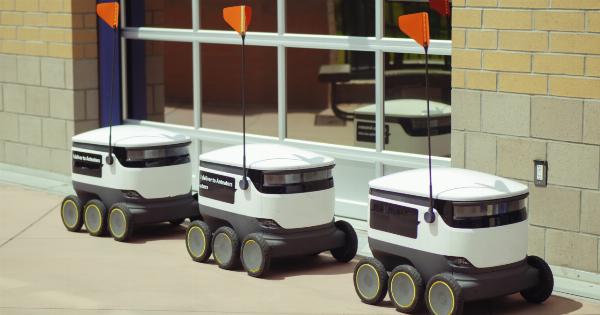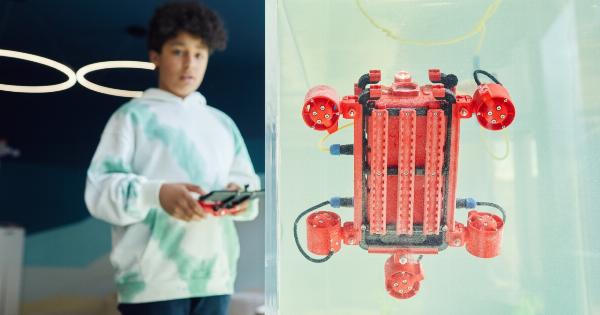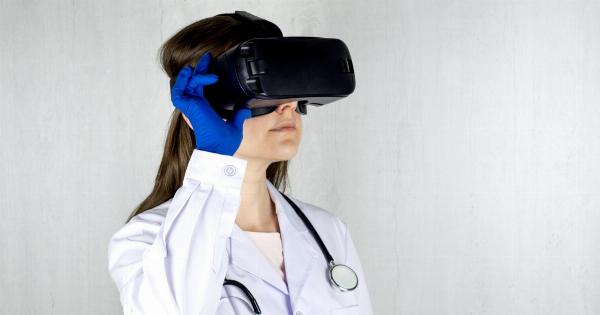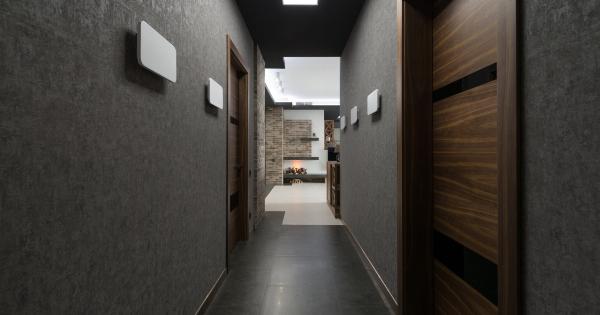The field of healthcare constantly evolves and adapts to new technologies, and medical technology has been at the forefront of this transformation.
With advancements in medical devices, equipment, and software, the impact of medical technology on healthcare has been significant. One company that stands out in this arena is Barda, a major player in the development of innovative medical technology solutions.
In this article, we will analyze the various ways in which medical technology has influenced healthcare and delve into Barda’s contributions to this field.
The Advancements in Medical Technology
Medical technology has allowed for groundbreaking discoveries and innovations in the healthcare industry.
In recent years, there have been significant advancements in areas such as medical imaging, telemedicine, robotic surgery, electronic health records (EHRs), and wearable health devices. These developments have transformed the way healthcare professionals diagnose and treat patients, leading to improved outcomes and patient experiences.
Enhancing Diagnosis and Treatment
Medical technology plays a vital role in enhancing the accuracy and efficiency of diagnosis.
Advanced imaging techniques, such as magnetic resonance imaging (MRI), computed tomography (CT), and ultrasound, provide detailed images of internal structures, enabling healthcare professionals to identify and analyze various conditions and diseases. Additionally, innovative diagnostic tools and devices have been developed, allowing for early detection of illnesses and improved treatment outcomes.
Furthermore, medical technology has revolutionized treatment approaches. Robotic surgery systems have made minimally invasive procedures a reality, reducing surgical risks and post-operative complications.
These systems provide surgeons with enhanced precision, control, and visualization, leading to better surgical outcomes and faster recovery times for patients.
Improving Patient Care and Safety
Medical technology has greatly improved patient care and safety. The implementation of electronic health records (EHRs) has streamlined patient information management, enabling healthcare providers to access patient data quickly and accurately.
This accessibility facilitates coordinated and comprehensive care, reducing the chances of medical errors.
Moreover, wearable health devices have gained popularity in recent years. These devices, such as fitness trackers and smartwatches, allow individuals to monitor vital signs, physical activity, and sleep patterns.
The data collected by these devices can be analyzed to provide valuable insights into a person’s health and well-being, aiding in the prevention and management of chronic diseases.
Addressing Healthcare Challenges
Medical technology has also emerged as a solution to various healthcare challenges. One significant challenge is the shortage of healthcare professionals, especially in rural and remote areas.
Telemedicine has bridged this gap by allowing patients to connect with healthcare providers remotely through video calls or other electronic means. This has improved access to healthcare services, particularly for underserved populations.
Additionally, medical technology has played a crucial role in managing global health crises, such as the COVID-19 pandemic.
Remote monitoring devices, telehealth platforms, and digital diagnostics have been essential in providing effective healthcare while minimizing the risk of viral transmission.
The Future of Medical Technology
The future of medical technology appears promising, with several trends on the horizon. Firstly, the integration of artificial intelligence (AI) and machine learning (ML) into medical technology is poised to transform healthcare delivery.
AI algorithms can analyze vast amounts of patient data to support accurate diagnosis, personalized treatment plans, and predictive analytics.
Another future trend is the development of implantable medical devices with advanced capabilities.
These devices, such as neurostimulators and biofeedback implants, have the potential to revolutionize treatment approaches for numerous conditions, including chronic pain, neurological disorders, and diabetes.
Moreover, the digitalization of healthcare is expected to continue, with greater emphasis on interoperability and data exchange between healthcare systems.
This will enable a seamless flow of information and better collaboration among healthcare providers, ultimately improving patient care and outcomes.
Barda: Innovation in Medical Technology
Barda has been at the forefront of medical technology innovation, spearheading advancements that have shaped the healthcare landscape.
The company’s commitment to developing cutting-edge medical devices and software solutions has significantly contributed to improving patient care and outcomes.
Barda’s portfolio includes a range of advanced medical devices, from diagnostic tools to surgical systems.
Their imaging technologies provide healthcare professionals with high-resolution and real-time visualization, aiding in accurate diagnosis and treatment planning. Barda’s surgical systems are known for their precision and dexterity, enabling minimally invasive procedures that minimize patient trauma and enhance recovery.
In addition to their hardware solutions, Barda has also developed sophisticated software platforms. These platforms integrate with existing healthcare systems to streamline workflows, enhance data analysis, and support evidence-based decision-making.
Barda’s EHR systems have revolutionized patient information management, improving coordination and continuity of care.
The Challenges of Medical Technology Integration
While medical technology has brought numerous benefits, there are challenges associated with its integration into healthcare systems. One major obstacle is the high cost of adopting and implementing advanced medical technologies.
Healthcare organizations must invest substantial resources to acquire state-of-the-art equipment and train personnel in their usage.
Additionally, the rapid pace of technological advancements poses a challenge for healthcare professionals to keep up with the latest developments.
Continuous training and education are essential to ensure healthcare providers can effectively utilize medical technology and adapt to new innovations.
Conclusion
The impact of medical technology on healthcare cannot be overstated. Advancements in medical imaging, robotic surgery, telemedicine, and wearable health devices have transformed patient care and treatment approaches.
Barda, through its innovative medical technology solutions, has played a crucial role in pushing the boundaries of what is possible in healthcare delivery. While challenges exist, the future of medical technology holds great promise, with AI integration, advanced implantable devices, and continued digitalization on the horizon.
The convergence of medical technology and healthcare will continue to shape the industry, revolutionizing patient care and outcomes.



























